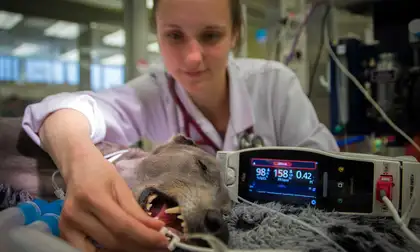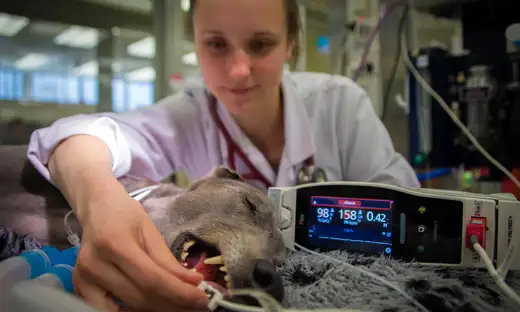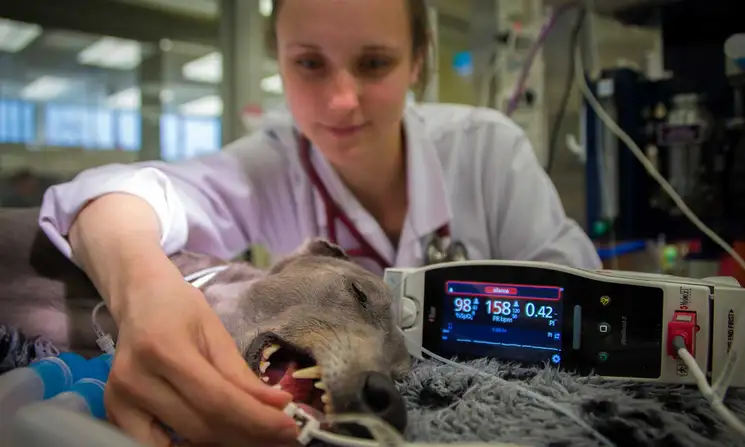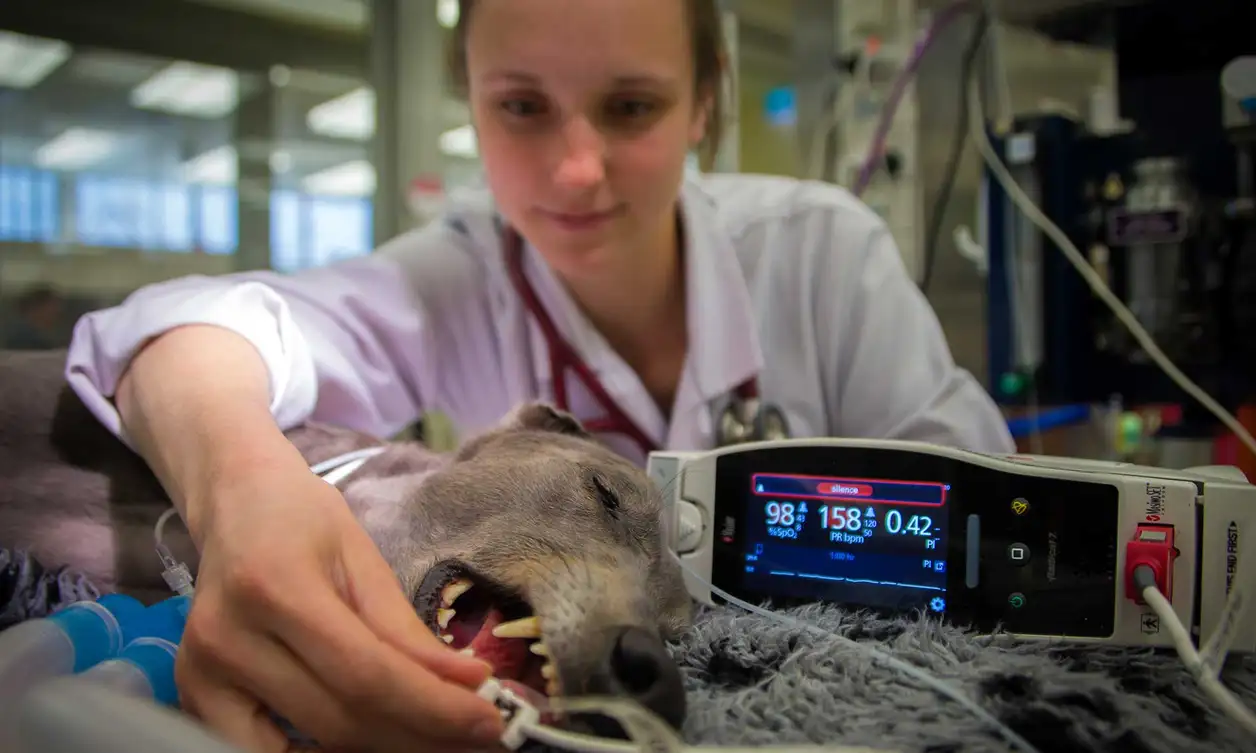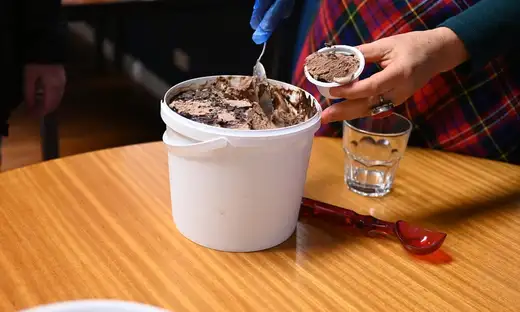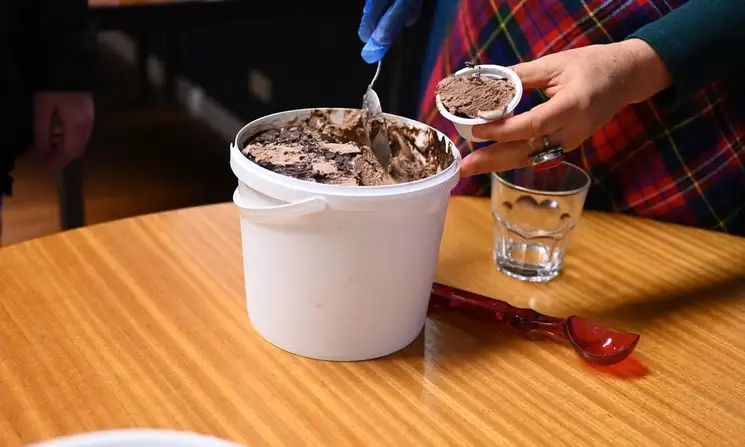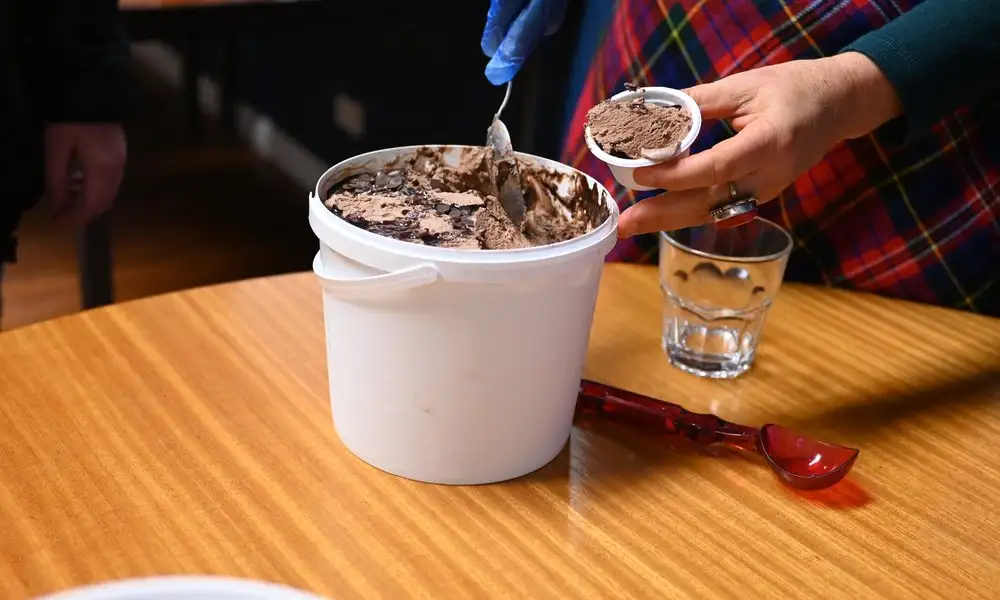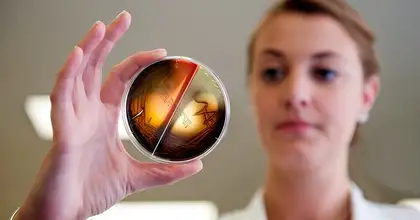
Our research community spans learning and professional careers from postgraduate students undertaking research projects, our diverse research staff of around 1,300 researchers and those at the peak of research careers: our Distinguished and Emeritus Professors.
It includes staff skilled in supporting research development, those connecting with and nurturing strong allegiances with other organisations, and those liaising with policy and funding agencies in the New Zealand research ecosystem and beyond.
Making a difference
Our people are committed to making a real difference for Aotearoa New Zealand and for the world. In short, research impact matters to us, as does our responsibility as a university to act as a critic and conscience to society and our ability to ‘speak truth to power’ with authenticity and evidence.
The difference research can make to the leading edge of knowledge is traditionally measured by academic metrics; however, increasingly we recognise diversity in those impacts and that the value of our work is reflected from the position of those who participate with us or use the outcomes of our work.
High-quality researchers
We are fortunate to have such high-quality researchers and research teams, some of whom are world-leading in their fields, and we want to share their success and their work with you.
Seventy-two of our current researchers are in the top two per cent of highly cited publications in the world according to a Stanford University analysis released in November 2021. This means we're third in number in New Zealand after the University of Auckland and University of Otago. Two of our researchers are listed in the top 10 ranked in New Zealand.
Explore stories about our researchers
Research leadership
Research leadership comes from our many Distinguished Professors and Principal Investigators.
Research leadership is also evidenced by those who have received national or international peer recognition for achievement in their disciplines, and through Massey’s awards and medals at university or college level.
Acknowledging the diversity of research achievement, our highest achievers are recognised in individual and team categories for:
- the strength of their research supervision
- exceptional research citizenship
- those exemplifying research leadership while still early into their careers.
Led by the Provost
Leadership of research strategy and support within Massy is provided by the Provost, Professor Giselle Byrnes.
Giselle chairs the University Research Committee, and the Pro-Vice Chancellors of each of the five colleges in their roles within the Senior Leadership Team.
Led by the Provost, the Pro-Vice Chancellors also contribute to the Performance Based Research Fund Governance Group who oversee Massey’s response to the Tertiary Education Commission’s national six-yearly review of researcher portfolios – the major research quality assessment in New Zealand on which a significant portion of research funding is based.
College Research Directors and Research Associate Deans
Each college also has a Research Director or Associate Dean Research who are leaders in their own right, but also collectively champion research quality, multidisciplinary approaches, and the achievement of impact from research.
Read profiles of our college research leaders

Professor Bill Fish
Bill Fish focuses on the philosophy of mind and perception. He is particularly interested in naïve realism and exploring if this view can be extended to theories of consciousness more generally.
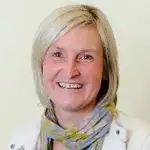
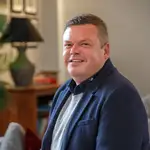
Professor Jonathan Elms

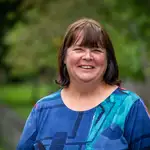
Professor Suzanne Wilkinson
These staff typically lead their respective College Research Committees on college-specific issues or initiatives, and share ideas and opportunities through regular Research Directors meetings.
Strategic collaborations
Massey along with our New Zealand universities peers collaborates strategically though Te Pōkai Tara Universities New Zealand at Vice-Chancellors level and the UNZ Deputy Vice-Chancellors Committee. Operationally we contribute to the:
- University Research Offices New Zealand (URONZ)
- Directors and Deans of Graduate Studies (DDoGs)
- Australasian Research Management Society (ARMS).
Fellows of Royal Society Te Apārangi
Current Fellows of Royal Society Te Apārangi
| First name | Surname | College or Office |
|---|---|---|
| Marti | Anderson | Sciences |
| Doug | Armstrong | Sciences |
| Stu | Carr | Humanities and Social Sciences |
| Sally | Casswell | Health |
| Murray | Cox | Sciences |
| Nigel | French | Sciences |
| Philippa | Gander | Health |
| Dorian | Garrick | Sciences |
| Robert | Jahnke | Humanities and Social Sciences |
| Geoff | Jameson | Sciences |
| Peter | Lockhart | Sciences |
| Sonja | Macfarlane | Humanities and Social Sciences |
| Gaven | Martin | Sciences |
| Rangi | Matamua | Humanities and Social Sciences |
| Robert | McLachlan | Sciences |
| Helen | Moewaka-Barnes | Health |
| Paul | Moughan | Sciences |
| Paul | Rainey | Sciences |
| Mick | Roberts | Sciences |
| Peter | Schwerdtfeger | Sciences |
| Barry | Scott | Sciences |
| Harjinder | Singh | Health |
| Hingangaroa | Smith | Office of the DVC Māori |
| Paul | Spoonley | Humanities and Social Sciences |
| Qiao | Wang | Sciences |
Emeritus Fellows
| First name | Surname | Department |
|---|---|---|
| Mason | Durie | Retired - Emeritus |
| Margaret | Tennant | Retired - Emeritus |
| David | Penny | Retired - Emeritus |
| Bob | Jolly | Retired - Emeritus |
| Peter | Munro | Retired - Emeritus |
| Clive | Davies | Retired - Emeritus |
| Ian | Evans | Retired - Emeritus |
| Roger | Morris | Retired - Emeritus |
| David | Parry | Retired - Emeritus |
| Bill | Rumball | Retired - Emeritus |
| Benny | Theng | Retired - Emeritus |
| Graeme | Wake | Retired - Emeritus |
| Ian | Warrington | Retired - Emeritus |
Dual roles: researchers and teachers
In a society where information is a click away, it is worth remembering that universities are not just purveyors of content; rather, they create and curate knowledge and information, interpret it and help explain it.
Academics, in their dual role as researchers and teachers, play an active part in this process, and are open to new learning themselves. In an era where science, evidence-based research and rational thinking are frequently dismissed as ‘fake news’, we need our experts now more than ever.

